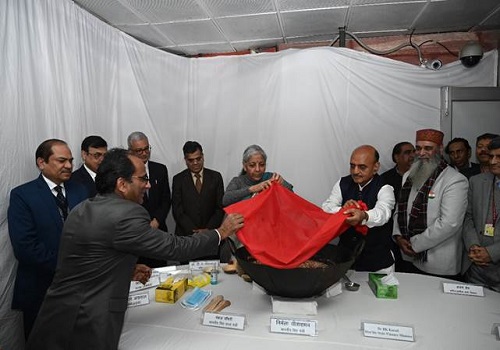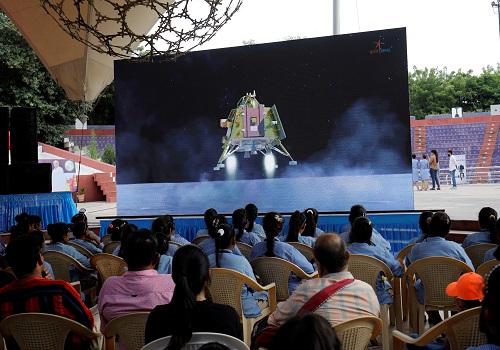81% Indians believe their jobs can be done remotely

Follow us Now on Telegram ! Get daily 10 - 12 important updates on Business, Finance and Investment. Join our Telegram Channel
A whopping 81 per cent of employees in India believe that their jobs can be done remotely, according to a survey on Thursday.
The PwC's India Workforce Hopes and Fears Survey 2022 showed that the shift to hybrid work is expected to continue with 31 per cent of those who can work remotely already working in a hybrid way.
The report also showed that a significantly higher proportion of Indian employees (71 per cent) are concerned about being overlooked for career advancement as compared to their global peers (21 per cent). This points to the need for deploying more transparent and data-driven processes to define career pathways.
"The disruptive landscape of social, environmental, economic and geopolitical changes has had profound consequences on organisations and their workforce strategies. Leaders need to consider these disruptions while drawing up their short- and long-term plans for the organisation as well as their people," said Chaitali Mukherjee, Partner and Leader, People and Organisation, PwC India in a statement.
About 54 per cent of employees strongly/moderately agree that India faces a shortage of their skill sets and 67 per cent believe that their job requires specialist training.
At present, employers are seen as addressing skill shortages through wage increases, recruitment and automation, with fewer using upskilling as a strategic lever.
The survey, which included 2,608 Indian participants, of which 93 per cent were full-time employees, found that 34 per cent of employees believe they are extremely/very likely to switch to a new employer as compared to 19 per cent globally. Further, 32 per cent said they plan to leave the workforce.
Millennials were the most likely to seek new employment, with 37 per cent indicating that they are likely to switch employers in the next 12 months. While Gen Z employees were less likely to quit, 33 per cent of them are extremely or very likely to ask for a reduction in work hours.
Also, more than half of the respondents are concerned about the lack of opportunities to work with or learn technological skills from their colleagues. This learning gap begins at the top, with more than 50 per cent of CEOs perceiving a lack of opportunities for learning technological skills.
The survey also highlights that employees expect more transparency and support in incorporating environmental, social and governance (ESG) considerations into their work.
"Balancing business considerations with employee aspirations is easier said than done. However, given the fact that the future of work is undergoing a massive overhaul, it is important to prioritise leadership and employee capabilities to drive change and move the needle in business," Chaitali said.












 320-x-100_uti_gold.jpg" alt="Advertisement">
320-x-100_uti_gold.jpg" alt="Advertisement">












